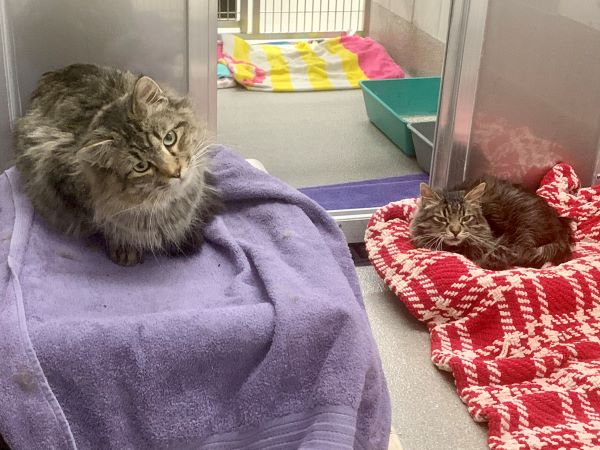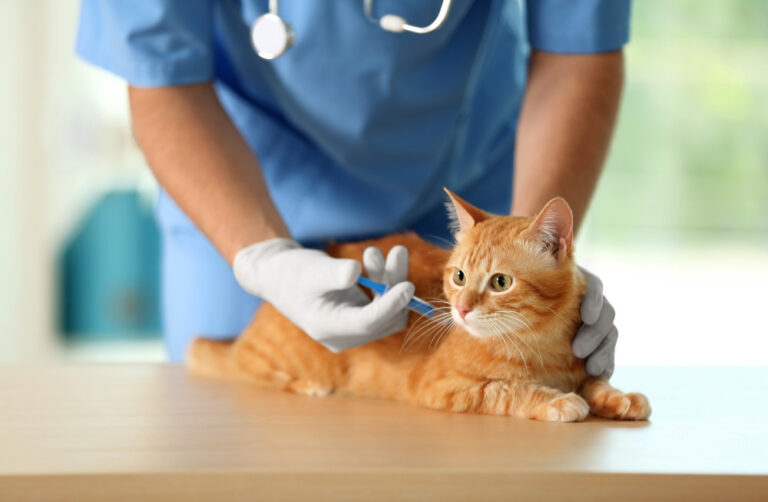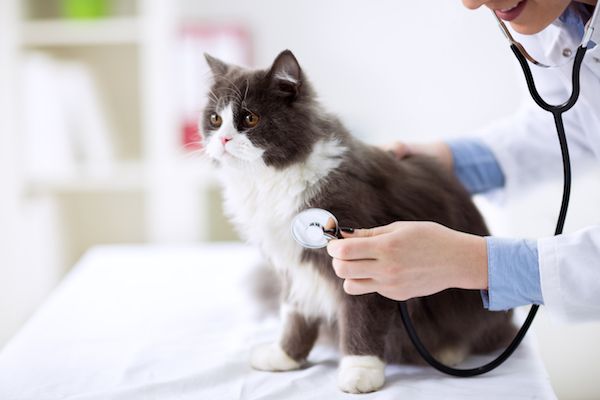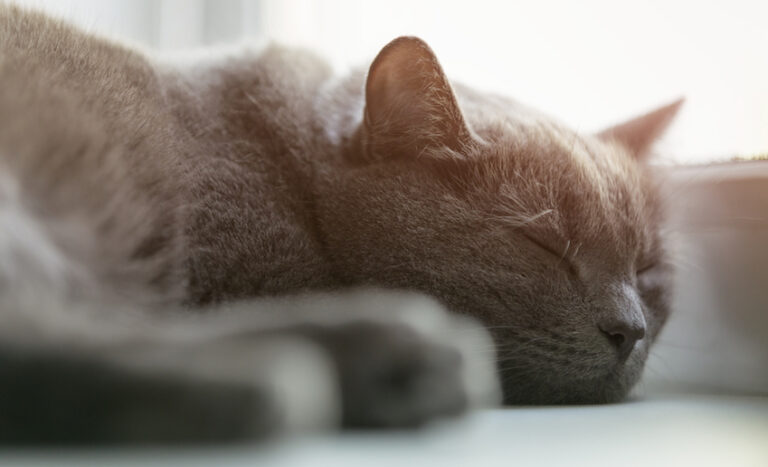Recognizing early signs of cat illness
Understanding Your Cat’s Health: Early Warning Signs
Cats are generally known for their independent and sometimes mysterious nature, making it challenging for owners to decipher their health concerns. However, there are certain early warning signs that can help you identify when your feline friend might be unwell. By paying close attention to their behaviors and physical symptoms, you can take timely action to ensure their well-being.
One common early warning sign to watch out for is changes in your cat’s eating or drinking habits. A sudden decrease or increase in appetite can indicate an underlying health problem. If your cat is eating significantly less or more than usual, it is important to consult your veterinarian as this may be a sign of digestive issues, dental problems, or even organ dysfunction. Similarly, changes in their drinking habits, such as increased thirst or reluctance to drink, can also be indicators of potential health concerns, including kidney disease or diabetes. Monitoring your cat’s eating and drinking patterns can provide valuable insights into their overall health status.
The Importance of Regular Vet Check-ups for Your Feline Friend
Regular vet check-ups are essential for the health and well-being of your feline friend. Cats, like humans, need preventative care to catch any potential health issues early on. These check-ups allow the vet to monitor your cat’s overall health, conduct necessary vaccinations, and detect any underlying problems that may not be apparent to the untrained eye.
During these check-ups, the vet will assess your cat’s weight, dental hygiene, and overall physical condition. They may also perform blood tests to check for any underlying conditions such as kidney disease or diabetes. Additionally, the vet will discuss your cat’s diet and exercise routine, providing guidance on how to optimize their health and prevent future ailments.
By scheduling regular vet check-ups for your cat, you are ensuring their longevity and quality of life. Remember, prevention is always better than cure, and these routine visits can help catch any potential health concerns before they become major issues. So, mark your calendars and prioritize your feline friend’s well-being with regular visits to the vet.
Behavioral Changes That Could Indicate a Cat’s Illness
One of the ways that cats communicate with their owners is through their behavior. Cats have their own unique personalities and habits, so it’s important for owners to pay attention to any changes in their cat’s behavior. These changes could be an early warning sign of an underlying health issue.
One behavioral change that could indicate a cat’s illness is a sudden decrease in activity levels. If a cat who is normally playful and energetic becomes lethargic or uninterested in their usual activities, it could be a sign that something is wrong. Other behavioral changes to look out for include increased aggression or irritability, excessive hiding or withdrawal, and changes in litter box habits. These changes in behavior can sometimes be subtle, but it’s important for cat owners to be observant and proactive in seeking veterinary care if they notice any unusual behavior in their feline friend.
Physical Symptoms That May Indicate a Cat’s Health Issue
Cats, like humans, are prone to certain physical symptoms that can indicate underlying health issues. It is important for cat owners to be aware of these symptoms and to seek veterinary care promptly if they arise. One common physical symptom that may indicate a cat’s health issue is the presence of lumps or bumps on the body. These could be signs of various conditions, including tumors or abscesses. Therefore, it is crucial for cat owners to regularly examine their furry friends to detect any abnormal lumps or bumps.
Another physical symptom to watch out for is persistent bad breath. While it is normal for cats to occasionally have unpleasant breath, a consistently foul odor may suggest dental or gum problems, such as periodontal disease. This condition can not only cause discomfort but also lead to more serious health issues if left untreated. Thus, if a cat’s breath consistently emits an unpleasant odor, it is advisable to consult a veterinarian to determine the underlying cause and receive appropriate treatment. Remember, being vigilant about physical symptoms can greatly contribute to the overall well-being of your feline companion.
Unexplained Weight Loss or Gain: An Indicator of Cat Illness
Unexplained weight loss or gain in cats can be a cause for concern and may indicate an underlying health issue. Cats are known for being picky eaters, so any drastic changes in their weight should not be taken lightly. If you notice that your cat is losing weight without any apparent reason, it could be a sign of an illness.
Weight loss in cats can be caused by various factors, including dental issues, gastrointestinal problems, hyperthyroidism, or even cancer. It is important to monitor your cat’s eating habits and ensure that they are consuming an adequate amount of food. If your cat is losing weight and showing other symptoms such as lethargy, vomiting, or changes in behavior, it is crucial to consult a veterinarian as soon as possible. Remember, early detection of any underlying health conditions can greatly improve the chances of successful treatment.
Changes in Eating or Drinking Habits: Red Flags for Cat Owners
Cats are known for their finicky eating habits, but sudden changes in their eating or drinking patterns can be a cause for concern. If you notice that your feline friend has lost interest in food or water, or if they are consuming significantly more than usual, it could indicate an underlying health issue. It is important for cat owners to pay attention to these changes and take appropriate action.
A sudden decrease in appetite may be a warning sign that something is amiss. Cats are known to be creatures of habit, and any deviation from their normal eating routine should be taken seriously. If your cat refuses to eat for more than 24 hours, it is time to consult with a veterinarian. On the other hand, an increased or excessive appetite, also known as polyphagia, can be a symptom of various conditions such as diabetes or hyperthyroidism. It is important to monitor your cat’s eating habits and seek veterinary advice if you suspect something is not right.
Respiratory Problems in Cats: Recognizing Early Signs
Cats, like us humans, can also experience respiratory problems. It is important for cat owners to be able to recognize the early signs of these issues in order to seek proper medical attention. Respiratory problems in cats can manifest in various ways, such as coughing, sneezing, wheezing, or difficulty breathing. While occasional sneezing or coughing may not be cause for immediate concern, persistent or worsening symptoms should not be ignored.
One early sign of respiratory problems in cats is a change in their breathing pattern. Pay attention to any labored breathing, rapid breathing, or shallow breaths. Cats generally have a smooth and quiet breathing rhythm, so any noticeable changes should raise a red flag. Another warning sign to look out for is nasal discharge. If you notice your cat having a runny or discolored discharge from the nose, it may indicate an underlying respiratory issue. These signs should not be dismissed and should prompt a visit to the veterinarian for a thorough examination and diagnosis.
As a responsible cat owner, it is crucial to be proactive in monitoring your furry friend’s health. By recognizing the early signs of respiratory problems in cats, you can take prompt action and provide the necessary care to ensure their well-being. Regular vet check-ups and maintaining a clean and stress-free environment can also go a long way in preventing and managing respiratory issues in your feline companion. Stay attentive to your cat’s respiratory health, as it is a key indicator of their overall vitality and happiness.
Skin and Coat Issues: Clues to Your Cat’s Well-being
Skin and coat issues can provide valuable clues about your cat’s overall well-being. The condition of your feline friend’s skin and coat can indicate various underlying health problems. For instance, excessive shedding, bald patches, or a dull and greasy coat may signify issues such as allergies, parasites, or hormonal imbalances. It is important to pay attention to changes in your cat’s skin and coat, as they can serve as early warning signs of potential health issues.
Additionally, observing your cat’s grooming habits can offer insights into their well-being. Cats are known for their meticulous grooming routines, and any deviations from their normal behavior should be noted. If your cat suddenly stops grooming themselves or spends an unusual amount of time doing so, it may indicate discomfort or pain. On the other hand, over-grooming or excessive scratching may suggest skin irritation or an underlying behavioral issue. Monitoring your cat’s grooming habits and promptly addressing any changes can help ensure their skin and coat remain healthy and vibrant.
What are some early warning signs of a cat’s health issues?
Some early warning signs of a cat’s health issues include changes in behavior, physical symptoms, unexplained weight loss or gain, changes in eating or drinking habits, and respiratory problems.
How often should I take my cat for regular vet check-ups?
It is important to take your cat for regular vet check-ups at least once a year. However, older cats or cats with chronic health conditions may require more frequent visits.
What are some behavioral changes that could indicate a cat’s illness?
Behavioral changes such as increased aggression, hiding more often, excessive grooming, changes in litter box habits, or sudden changes in activity levels could indicate a cat’s illness.
What physical symptoms may indicate a cat’s health issue?
Physical symptoms that may indicate a cat’s health issue include lethargy, vomiting, diarrhea, frequent urination, coughing, sneezing, or noticeable changes in body temperature.
Is unexplained weight loss or gain a sign of cat illness?
Yes, unexplained weight loss or gain can be an indicator of cat illness. Sudden weight loss or gain should be examined by a vet to determine the underlying cause.
Why are changes in eating or drinking habits red flags for cat owners?
Changes in eating or drinking habits can be red flags for cat owners because they may indicate an underlying health issue, such as dental problems, gastrointestinal issues, or kidney disease.
How can I recognize early signs of respiratory problems in cats?
Early signs of respiratory problems in cats include coughing, sneezing, wheezing, rapid breathing, nasal discharge, or difficulty breathing. If you notice these symptoms, it is important to seek veterinary care.
How can skin and coat issues provide clues to my cat’s well-being?
Skin and coat issues such as excessive shedding, dry or flaky skin, hair loss, or changes in fur texture can indicate underlying health problems in cats. These issues can be signs of allergies, infections, parasites, or systemic diseases. It is important to consult a vet for proper diagnosis and treatment.







